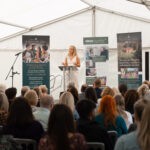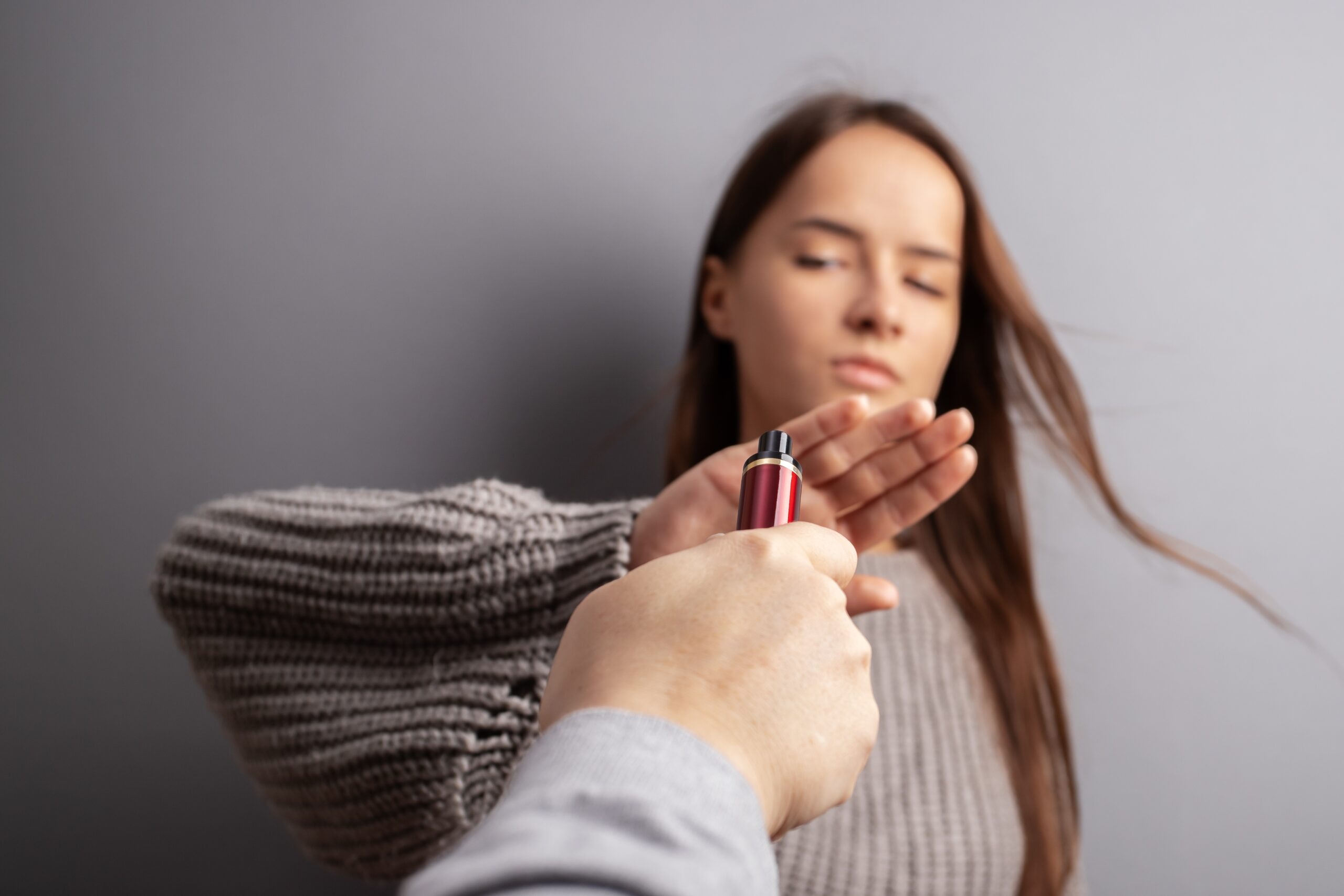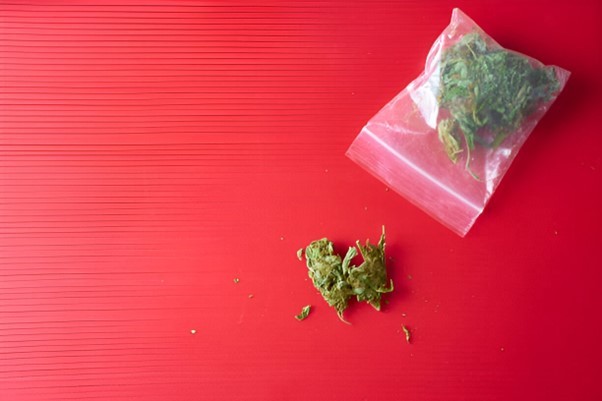Hear Steve Jones Deputy CEO of Steps Together on BBC Radio Merseyside

Steve Jones, Deputy CEO of Steps Together was a guest of BBC Radio Merseyside’s Tony Snell this week. In the interview, Steve talks about the company’s new partnership between Steps Together at Rainford Hall and The Katie Piper Foundation, the company’s success in recent years, the challenges ahead, and his for vision Steps Together’s future.
BBC Radio Merseyside with Tony Snell, 17th July 10.20am
Tony Snell, BBC Radio Merseyside
“All remember back in 2008, an awful story, and horrendous story of Katie Piper. Now, Katie was attacked with acid. It caused major damage to her face, and it caused blindness in one eye as well. Well, Katie has been doing some incredible work to help others since then. The Katie Piper Foundation is dedicated to supporting people with burns and scars. And the foundation has launched a new Northwest partnership with Steps Together. It’s a leading UK health, wellbeing and addiction organisation. It’s at Rainford Hall. Steve Jones is the deputy CEO from Steps Together and is with us now. Hi, Steve, tell us about Steps Together. You’re based in Rainford Hall? “
Steve Jones, Deputy CEO
“Good morning, we are Tony. We opened Rainford Hall in August last year after a 2 million pound refurb on what is the old Pilkington Glass family’s ancestral home. Beautiful building, stunning location, great place for people to get well”
Tony Snell, BBC Radio Merseyside
“The way you’ve described it there as well. Great place, stunning location. Straight away, my stress levels just came down just a little tiny notch. And I guess the surroundings as well. That plays a part there does it? ”
Steve Jones, Deputy CEO
“Yeah. It’s beautiful, Tony. I mean, it sits in a 600 acre country estate. It’s very quiet, very tranquil, and very peaceful. It’s a really good opportunity for people to engage with therapeutic programs, clinical programs, but also physical exercise, getting out into nature and just being at one with themselves and starting to heal and repair some of the things that have brought them to our doorstep and also to the foundation’s doorstep. “
Tony Snell, BBC Radio Merseyside
“So who do you help? Is it pretty much anybody? “
Steve Jones, Deputy CEO
“Predominantly we’re a private treatment provider, Tony. So we work with people who can afford to pay for their own treatment or have it paid for by somebody else. We work with a range of employers, businesses, post COVID. We were inundated throughout COVID, which is what brought us to the Northwest to expand our portfolio of services and we’re still seeing more and more people coming through treatments who were really adversely affected by the COVID pandemic in terms of their mental health and wellbeing, but also the lack of structure in their life being at home not working the same way, not having to drive to work, drinking more alcohol than was perhaps good for them and things sneak up on them quickly”
Tony Snell, BBC Radio Merseyside
“Yeah, I’m glad you said that things sneak up, because it did for a lot of people. It was such old there was no time to adjust. It was almost like we’re in a pandemic. As the Prime Minister at the time, Boris Johnson, said, you must stay at home instantly, like that. And that was a massive jolt for people, obviously, in their working lives. But mentally, it was a big jolt as well.”
Steve Jones, Deputy CEO
“Absolutely, Tony. I mean, for an awful lot of people that came to us throughout that time, a lot of families in a lot of distress where they’d been at home with their loved one and suddenly saw their mental health deteriorate very quickly. And obviously the weather was good, people were drinking a lot more, sitting outside a lot more. And we knew that after the pandemic that we would still see sort of a tsunami of people who needed help. And we are still seeing that”
Tony Snell, BBC Radio Merseyside
“The connection with Katie Piper and her organisation, how did that come about?”
Steve Jones, Deputy CEO
“So Katie’s organisation worked with the survivors of burns and scarring and traumatic scarring, and they had a location in the Northwest, in St Helens which was no longer fit for purpose. They had to adapt their model of delivery post pandemic and approached us to see whether they could move into the beautiful environment that is Rainford Hall. Because it fits their model of delivery, which is very much about repairing from the inside out as well as from the outside, the traumatic scars and burns that their survivors have incurred. So we thought about that and thought actually, there was quite a lot of our clients who have gone through similar traumas in life, not necessarily burns, but have got a traumatic past. And there was quite an interesting synergy between the work that the foundation do and the work that Steps Together do and our values as two businesses. We’re private, they’re a charity, and we’re really committed in Merseyside to putting back into the local economy and into local community and supporting local charities. And we thought, hey, what a great way of being able to do that on our own doorstep in St Helens. By inviting in a charity to use the fantastic space at a very low cost to enable them to plow as much money as the charity can get into actually delivery of services and not into expensive rents and offices and all those things.”
Tony Snell, BBC Radio Merseyside
“Yeah. So it just makes good business sense and everybody wins I suppose, and you say you’re a private business, you’re a private enterprise. But when people come to you, you said before, people have to pay for that service, but part of what you receive, you plow back in. You put back in to help various charities. Did I get that right?”
Steve Jones, Deputy CEO
“We do, so we support various charities locally. We support the local food banks in St Helens, support work closely with other local charities. We support small, fledgling art. Artists and others they use the hall as their gallery space in order to sell paintings. We just found lots of innovative ways to try and help in very small, soundbite ways around the borough of St. Helens and in Merseyside and then also Tony, we’re really big on committed to local supply, local businesses working with local business and also supporting local businesses who are facing challenges with a workforce that have now come back post pandemic that are still suffering some of those issues and some of that mental health. We’ve just launched a new program with businesses across Merseyside working closely with the Chamber of Commerce which is very much about metal health and wellbeing in the workplace”
Tony Snell, BBC Radio Merseyside
“Yeah, it’s interesting that, isn’t it? Because you may be an employee, but if you work for an employer, which you would do or to business owner, sometimes your thoughts don’t go towards that business owner. Because if you’ve never owned a business, just think must be fantastic running a business. And the money comes rolling in and this, that and the other. But it’s bills, it’s payroll, it’s constant. Sorting out of paperwork and trying to keep the business moving along. And anybody who’s run a business will know all about that you don’t really have much time off when you’re running a business. And that can put a lot of weight on your shoulders too, I should imagine.”
Steve Jones, Deputy CEO
“Absolutely. I mean, throughout the Pandemic, we had a lot of senior leaders, senior business leaders, where they really struggled. They really struggled not knowing what the future of their business was going to look like. Having to support their workforce back at home, furlough all of those things were a big challenge, and it’s still almost a bit like PTSD now for senior leaders who are still wrestling with the effects of that and adapting all the time and staying dynamic in the way in which they operate their businesses”
Tony Snell, BBC Radio Merseyside
“It’s exhausting, and it can be exhausting for people in your line of work and the people that you work with within your business. How qualified? I’m sure they are qualified, but do any of the people who you work with, have they been through similar situations? The reason I asked that, I mean, if I went to work to coach your first team in a Premier League I’ve never played in the Premier League, I wouldn’t feel qualified to do it. But you know, what I’m getting at with”
Steve Jones, Deputy CEO
“Absolutely, 65% of the workforce across Steps Together group in the UK are people who are in active recovery and have been for a number of years. They’ve got lived experience of their own recovery story. And again, as a local commitment in St Helens, we were determined to recruit as many of our staff from the local economy as we possibly could and work closely with the job centre to get some of our lower grade staff who were furthest from the labour market, who were in recovery into a job. And that was really important to us because that also enables our clients to be inspired and motivated and think, actually, if they can do it, I can do it “
Tony Snell, BBC Radio Merseyside
“It makes business sense, doesn’t it? And just going back to Katie as well, we see Katie now, she’s a broadcaster, podcaster, and she’s a television presenter as well. And I’m sure she has had moments in her life where she thought, this is it, my life is over now. But she is instantly recognisable and a shining example of kind of mind over matter, I suppose”
Steve Jones, Deputy CEO
“Yeah, absolutely. I mean, Katie’s strength and tenacity is amazing and her commitment to the Katie Piper Foundation and the work the foundation was started because there was a real lack of support services for survivors of burns and scars, and the foundation has now been running since 2017. It works with a lot of beneficiaries, a lot of people, and obviously it’s not a paid for service. So the charity trying to find innovative ways to raise funds to reach and help as many people as it can they also partner a lot with NHS colleagues around both the Northwest and in London and other areas to support clients who go through burn services “
Tony Snell, BBC Radio Merseyside
“What’s it like, just finally when you spend time with somebody who comes to see you and you send them on their way and not a different person, but maybe a more confident person, they feel as though their lives have changed. You feel as though you’re giving them the life back, is what I’m trying to say.”
Steve Jones, Deputy CEO
“Yeah, absolutely. Tony. I think all of us in this sector, we’re not in the sector just to make good business. We’re also in the sector to get people well and help people achieve their recovery, whatever that looks like for that individual. And it’s just overwhelming on a daily basis. I’m in the business. Darren Rolfe CEO in the business, we’re constantly talking to clients, understanding where they’ve come from and seeing that change in somebody in what can sometimes be quite a short period of treatment with us, and also a change for family. It can be quite hard for families, and families themselves have suffered quite a lot of trauma throughout the process. So we do an awful lot of work with families as well as individuals themselves, and that’s really important. But it’s brilliant to see at the end.”
Tony Snell, BBC Radio Merseyside
“Where do you see the next five years, Steve?”
Steve Jones, Deputy CEO
“I certainly don’t see that things are going to get any easier, Tony. People are struggling now. We have things know, we’ve got financial challenges coming around the corner. All of those things put pressure on people. And for some people, that pressure can be too much and will drive people closer towards alcohol or drug misuse. Again, the tsunami post pandemic, it’s still there and we’re actively working all the time to identify the next five years for steps together. I don’t think we’ll be stopping any day soon, and I think certainly in terms of growth, we’ll be looking for more growth in the northwest of England.”
Tony Snell, BBC Radio Merseyside
“All right, Steve. Good to meet you. Thank you very much indeed. If you want to find out more, look up Katie Piper Foundation, Steps Together as well Rainford Hall. Just do those searches and they’ll all pop up and you can read a little bit more about what Steve and his team do as well. “
To listen to the interview on BBC Radio Merseyside please click here, the interview took place on the 17th July and starts approx. 20 minutes into show with Tony Snell. You must be signed up with the BBC to listen to this.
To read more about the partnership between Steps Together at Rainford Hall and The Katie Piper Foundation please click here. To speak to someone at The Katie Foundation please contact 0300 365 0055 or visit www.thekatiepiperfoundation.org.uk for further information.
If you’d like a free and confidential discussion with an expert treatment advisor from Steps Together, please call 0330 175 7031 today, or visit www.stepstogether.co.uk , www.rainfordhall.com for further information.
Share with:








